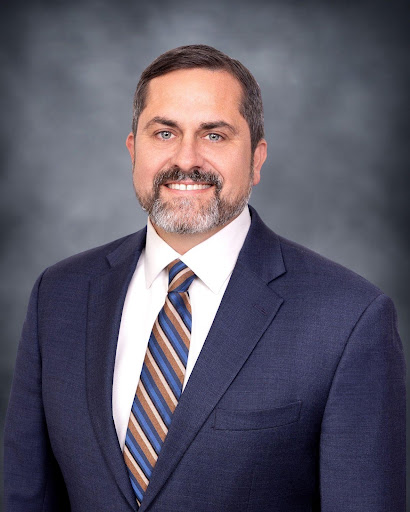Young adults face mounting financial challenges, from student loans, housing costs, and budgeting in a rapidly changing economy; it is more important than ever to ensure that students graduate with not only academic knowledge but with life-ready skills. That’s why the passage of House Bill 27 is a significant victory for Texas students and families.
This new law replaces the current half-credit requirement in high school economics or a combined course in personal financial literacy and economics with a standalone, focused half-credit in personal financial literacy. Additionally, the bill adds a full-credit economics course as one of three options students can choose to fulfill their final required social studies credit, alongside world geography and world history.
This change, set to begin with the Class of 2030, those students entering high school as freshmen in the 2026–27 school year, is a thoughtful and strategic step toward equipping our students with essential knowledge for real-world success.
Why This Change Matters
Many high school graduates enter adulthood with a limited understanding of how to budget, save, invest, or manage their finances. For years, many schools have attempted to incorporate elements of financial literacy into traditional economics courses, but the results have been inconsistent and often inadequate.
House Bill 27 corrects that. By separating personal finance into its own required course, we can ensure that every student graduating from a public school in Texas will now get dedicated time and instruction to learn practical, everyday financial skills. This is not just about understanding Gross Domestic Product, inflation, or specific market forces; it’s about how to write a check, manage a bank account, understand a credit score, apply for financial aid, avoid debt traps, and plan for a prosperous future.
What Parents Can Do to Support This Effort
While this legislation provides an essential academic foundation, true financial literacy begins at home. Parents are their children’s first and most influential teachers, especially when it comes to money. Here are five practical ways families can start preparing their students now:
- Talk Openly About Household Finances
Let your children see how budgeting works. Explain how bills are paid, why certain purchases are delayed, and how priorities are set. Normalize conversations about money.
- Set Up a Teen Checking Account
Help your teenager open a checking account and guide them through basic banking operations. Teach them to track their balance, use a debit card responsibly, and monitor their spending.
- Visit a Financial Advisor Together
A family meeting with a financial advisor can be eye-opening. The financial advisor can demonstrate the value of long-term planning and provide valuable insights into savings and investing.
- Use an Allowance as a Teaching Tool
Give your child an allowance based on responsibilities rather than giving money as a handout. This instills a mindset that money is earned and should be respected.
- Model Savings Habits
Discuss saving goals, whether for vacations, emergencies, or retirement and let your children see you make deliberate choices to set money aside. Show them how and why you save.
More Than a Course: A Lifeline for the Future
Financial pressure is one of the most common sources of stress, not just for adults but increasingly for young people as they step into independence. By equipping students with real-world financial skills, we will give them a head start into adulthood. They leave high school prepared to earn a living and manage their money wisely.
The passage of HB 27 is more than a curriculum update; it’s a bold move toward preparing our students for the realities of adult life. It reflects what parents, educators, and community leaders have championed for years: that being life-ready means more than just meeting graduation requirements; it means being equipped to make informed, responsible decisions in the real world.
As we look ahead, the partnership between families and schools will be key. Together, we can ensure that every student in Texas graduates with the tools they need to prosper. Financial literacy is not just a class; it’s a foundation for lifelong success.
Bio
Dr. Brandon Enos is the Superintendent of Cushing ISD in Cushing, TX. He currently serves as the Legislative Chair for the Texas Rural Education Association.

